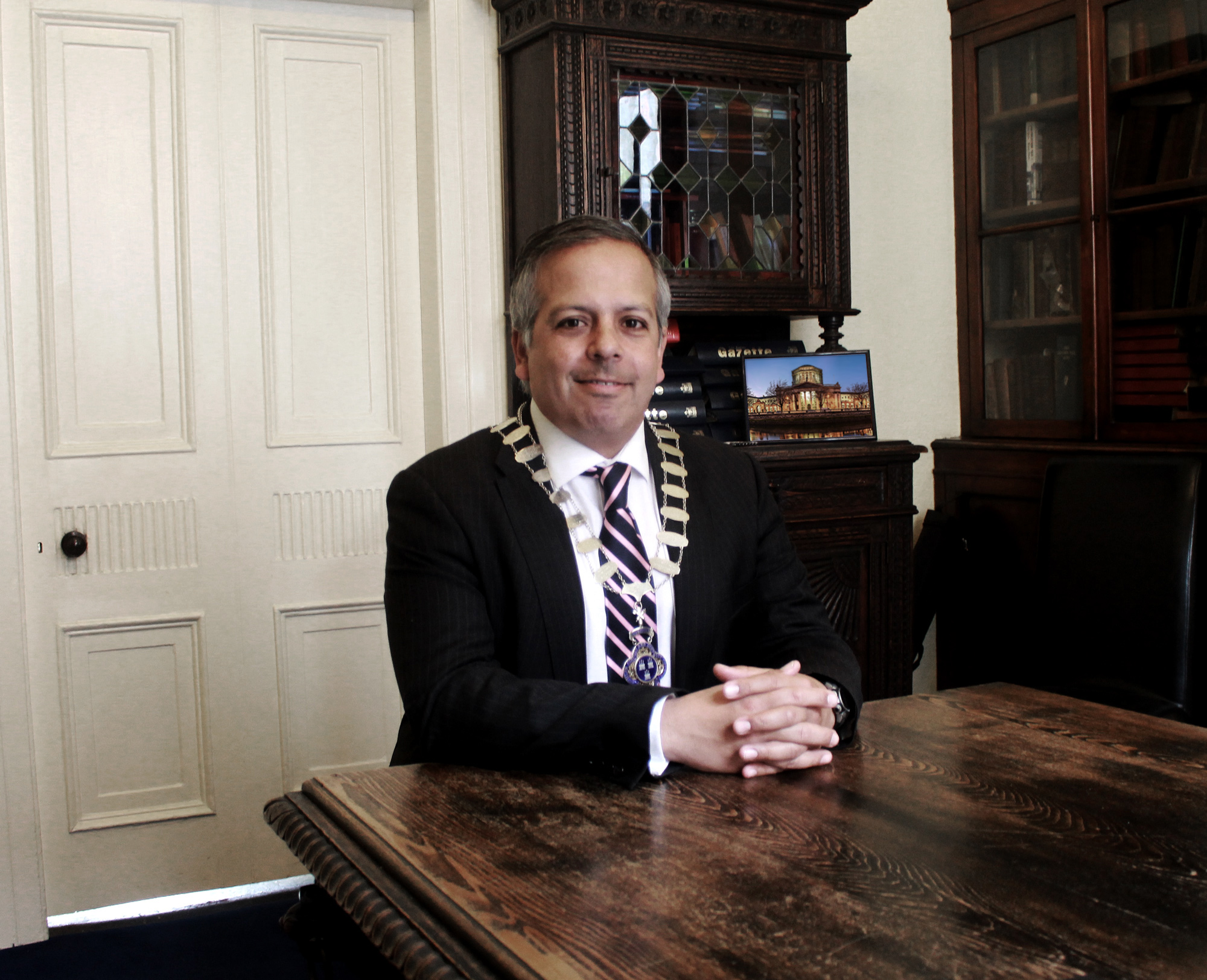Our Services
We will provide you with efficient, professional and prompt advice to assist you to resolve your problem to the best advantage to you.
Why Choose Us?
We are highly experienced litigators, who have a proven track record gained successfully representing clients in a variety of case types, including:
- Commercial Law (Breach of Contract, Debt Collection, Company Law, Employment Law etc)
- Accidents (We do not charge a percentage of your award)
- Employment Law
- Debt collection
Our experience enables us to provide you with an ability to solve problems quicker, negotiate better results and ensure that you receive a high value and effective service.
- District (Lowest Jurisdictional court with a monetary limit of €15,000, generally less expensive representation). The District Court is the lowest Court in the Irish court system, administered by the President of the District Court and 64 District Court Judges. The District Court is organised on a regional basis. There are 23 District Court Districts, as well as the Dublin Metropolitan District. Each District is divided into Disstrict Court Areas and has one or more judges permanently assigned to it.
- Circuit (Intermediate level disputes with a monetary limit of €75,000, generally requires a more detailed brief and higher level of preparation and hence is generally more expensive representation than the District Court). The country is divided into eight Circuits, consisting of the President of the Court and 37 ordinary judges.
- High Court (The highest Court in the land in which to determine a dispute, used primarily for claims over €75,000 and those prescribed by legislation (i.e. certain land disputes). The Court requires the highest level of brief, research and preparation.) The High Court is managed by 36 ordinary Judges and the President of the High Court
- Commercial Court (This is a newly established division of the High Court which deals with disputes over €1,000,000. It aims to provide expedient resolution to litigation and typically required intense and exclusive representation and preparation)
- Court of Appeal. The Court of Appeal was established in 2014 under the Court of Appeal Act 2014. It hears appeals from the High Court in civil cases, and appeals from the Circuit Criminal Court, the Central Criminal Court and the Special Criminal Court in criminal cases. It took over the role of the Court of Criminal Appeal and the Courts-Martial Appeal Court, which were abolished. Now the only appeals that go to the Supreme Court are those which raise issues of major public importance or where the interests of justice require such an appeal. The Court of Appeal is made up of 15 ordinary judges and the President of the Court of Appeal.
- Supreme Court. This Court of Final Appeal is known as the Supreme Court. The Supreme Court consists of the Chief Justice and 9 ordinary judges.
- European Court (These are primarily involved in brief the concern breaches of the European Treaties and European Convention of Human Rights)


